Company


Our StoryCEO Interview
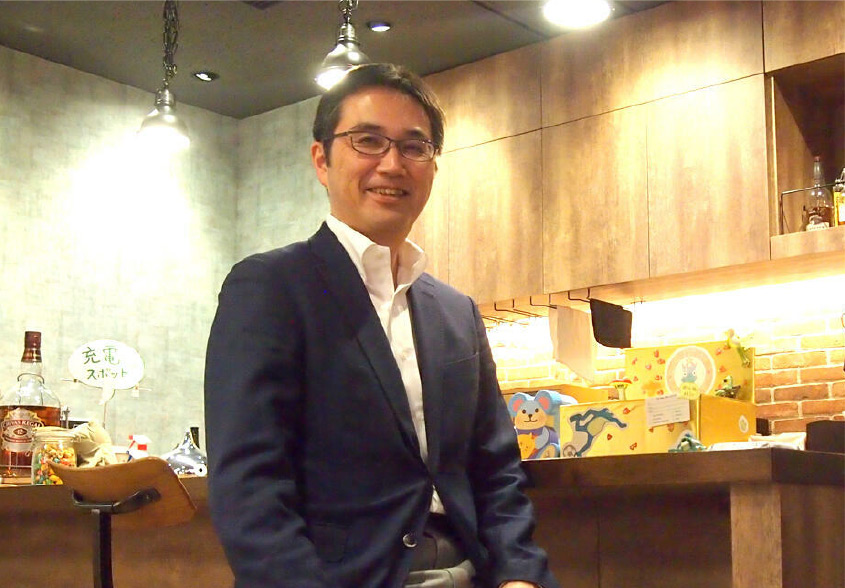
#01Flat and open, a comfortable work style
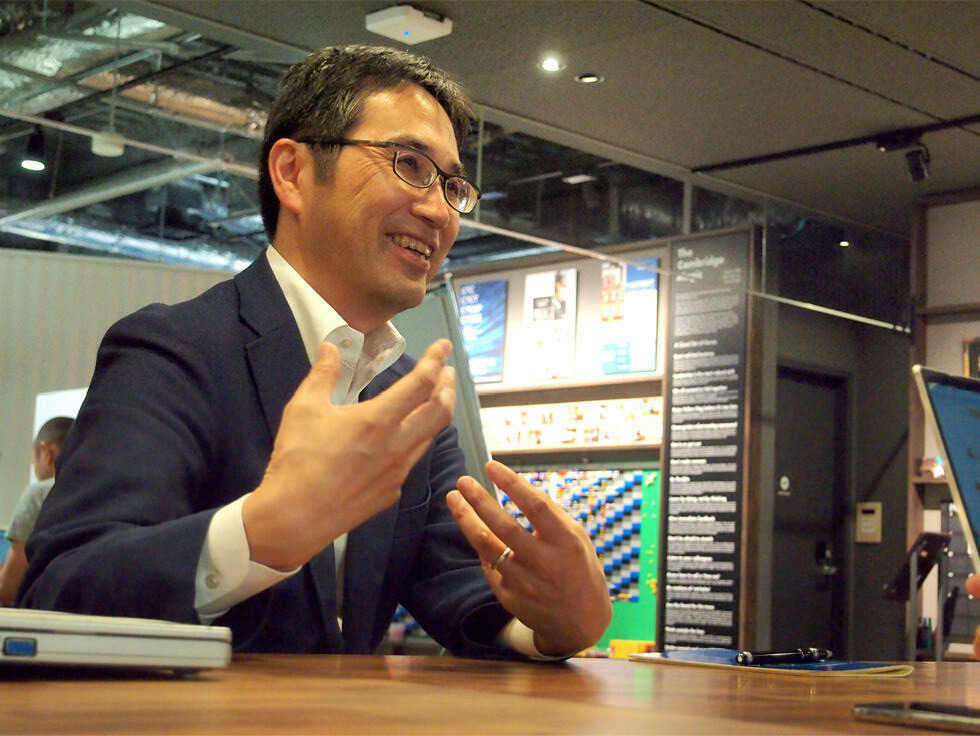
Cambridge Technology Partners was a global firm headquartered in Cambridge, Massachusetts. Its Japan subsidiary was established in 1997 when Tsutomu Suzuki joined as one of the founding members.
Suzuki: “As a new graduate, I was hired by a large system development firm where I helped build their ERP practice and took part in implementation projects. Before I knew it, I was in my early thirties and I started vaguely thinking “I want to get some different experiences.” Right around that time, the project that I was working on concluded successfully, and I felt that I had accomplished what I had set out to do at the firm and decided to look for a new job.”
Cambridge was one of several companies he considered. That was when Cambridge had its head office on the east coast and was in the middle of launching their offices on the west coast and in Japan simultaneously.
Suzuki: “Hitoshi Yoshida, the former CEO, who met with me was wearing a pair of shorts and a t-shirt even though it was the middle of winter. He was setting up the west coast office and had just returned to Japan. In that outfit, he talked about Cambridge so casually that initially I was a bit skeptical (laughs). However, when I got home and researched more about the company, my interest grew because Cambridge handled areas I had no experience in. I also wanted to work globally and decided to join Cambridge.”
Suzuki started his career at Cambridge and worked at the head office in the U.S. for the first six months, where he experienced a culture shock.
Suzuki: “It was a flat and open culture. Everyone spoke up during meetings and decisions were made extremely quickly. I was struck by the cultural difference with typical Japanese corporations, yet at the same time, I felt comfortable. Everyone goes home at five o’clock. Managers go home too. I thought, ‘Hey, what about the deadlines?’ (laughs)”
#02Learning the importance of culture through the company’s existential crisis
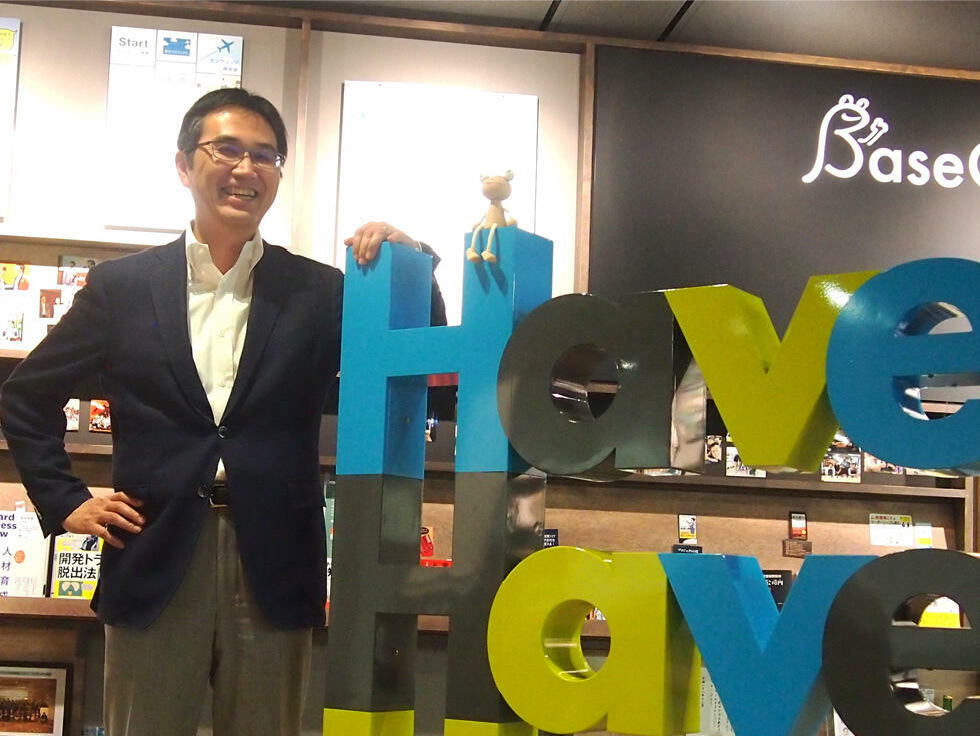
Equipped with the Cambridge culture and methodology from the U.S., the office in Japan grew as it received more requests from clients. The number of employees grew from only 19 at the beginning to 99 over time. In 2001, however, the global entity’s acquisition by Novell was a turning point. Gradually, people started to leave. By 2006, there were only 32 employees left and the survival of the company was at stake.
Suzuki: “Back then, we were employing a lot of experienced, project-ready talent, which meant that not everyone necessarily agreed with Cambridge’s culture. There were people who neglected our principle of ‘Do what is right for our clients, not what is best for Cambridge’. Right after Cambridge’s acquisition, some members left for other firms that offered better compensation. Some junior members, seeing what was happening, worried about the future and left too.”
Regardless, Suzuki decided to stay with Cambridge.
Suzuki: “I want to build life-long relationships. I feel this way not only with my clients but also with my teammates I work with. I would feel as if I betrayed them if I leave.”
After discussions with the remaining members, they decided to make the Japanese office independent from the head office. Suzuki led the initiative as the CEO. After numerous negotiations, they successfully became independent and escaped the crisis.
Suzuki: “Those who stayed with Cambridge were all members who loved our culture. I then realized that we would face another crisis if I didn’t protect the Cambridge culture and work closely with the people who identify with it. To achieve that, we must embrace the flat and open style of communication that I witnessed at the head office in the U.S., which I believe even to this day. Even outside of projects, for example, we have a monthly event called ‘Frog Bar’ at Luida (a bar area in the Akasaka Office) where several employees and I have various deep conversations over a drink. We also provide encourage and pay for team members from different projects to get together over lunch. There are many systems in place at Cambridge that encourage communication among members.”
#03Doing the right thing will lead to project success and leave an impact
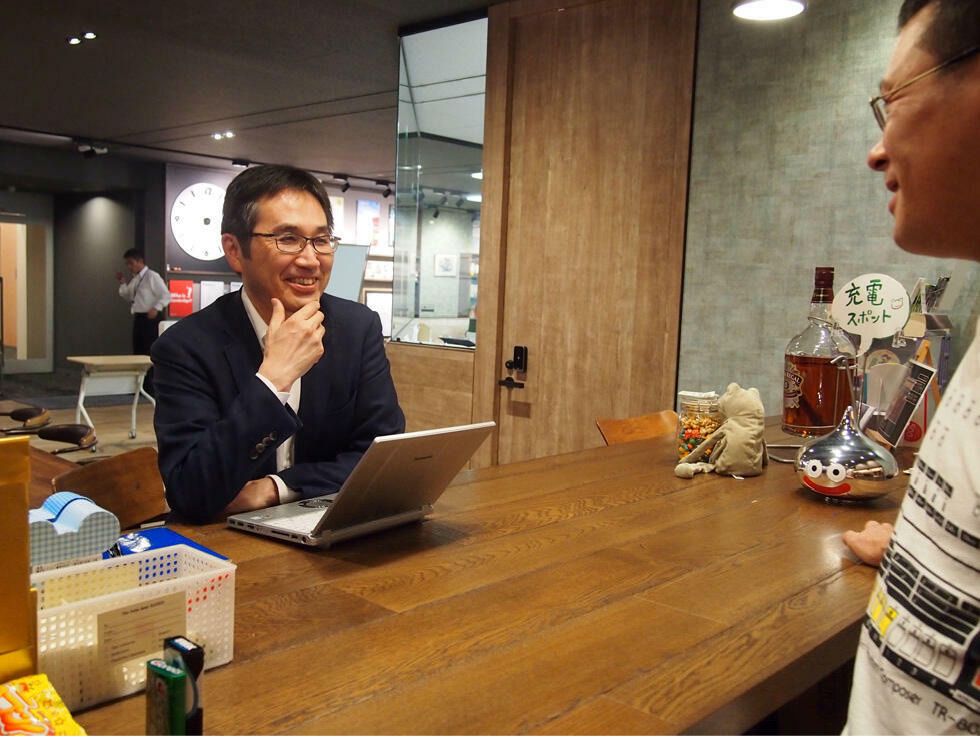
“Doing what is right for our clients” is a core value of Cambridge.
Suzuki: “Doing the right thing is difficult. You might think ‘This is the best for the client!’ at a particular moment, but it’s not uncommon to reflect on it afterwards and realize, ‘Wait, the other way may have been better.” We are constantly self-reflecting to see if we are refraining from doing what is not right, for example, doing something just because it is our job or for the sake of money. I believe that the accumulation of these self-reflections will lead to the success of our projects.”
Suzuki thinks that Cambridge’s projects not only succeed, but also leave an impact.
Suzuki: “We sometimes hold an end-of-project party with our clients. The project is condensed into a video, and some clients would tear up while watching it. I think this stems from feelings of achievement and growth after the completion of a challenging project. As the project progresses, clients learn and grow through Cambridge’s methods, eventually taking over Cambridge’s role. After the project, they want to experience these feelings even more, so they take on their next project on their own. They become autonomous without Cambridge. That, I think, is the ideal state for our clients. We are now integrating a system to develop transformational leaders within our clients in the projects.”
#04Bringing Cambridge's facilitation to the global stage again
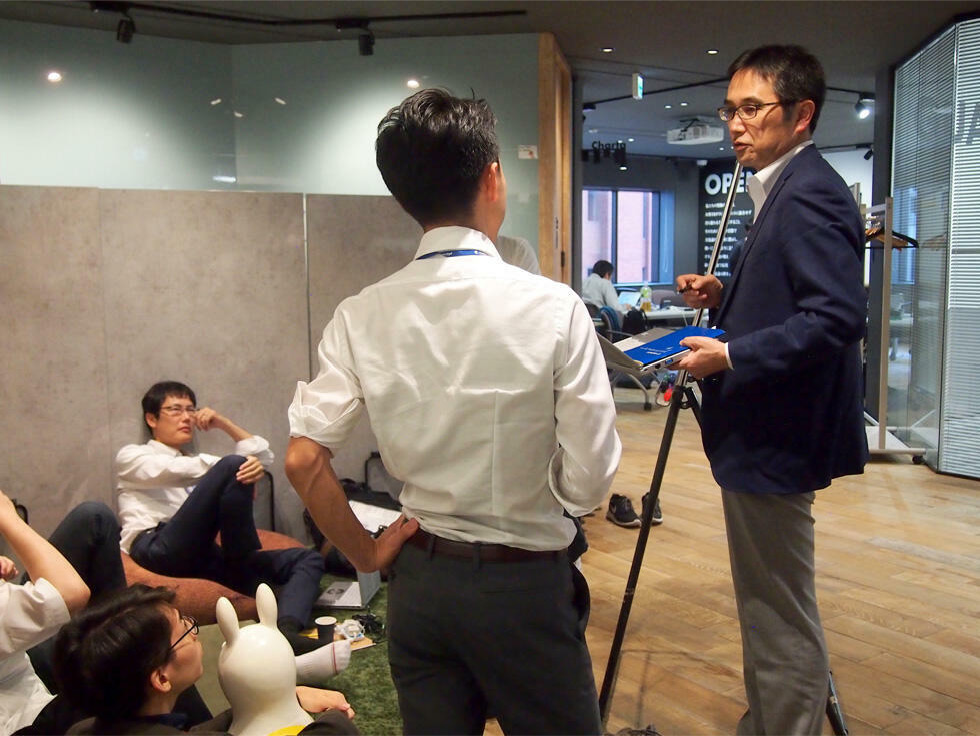
Suzuki: “Currently, Cambridge is venturing into the global market. Since our culture and methodology originated from the U.S., I believe they would be accepted not only in Japan but overseas as well.”
The key to global expansion was Cambridge-style facilitation.
Suzuki: “Recently, we facilitated an all-day session on business issues for an American company. The participants were surprised and said, “I didn’t think we could uncover so many issues in one day.” This made me realize that our facilitation techniques can be applied overseas too. Cambridge’s consultation does not merely provide a solution. Instead, our facilitation serves as the foundation of a flat and open discussion between project stakeholders to build a consensus, leading to project success. If facilitation is valuable globally, our consulting projects will also be valuable.”
The time has come for Cambridge to bring success to projects and leave an impact globally through facilitation and culture of “Doing what is right for clients”.